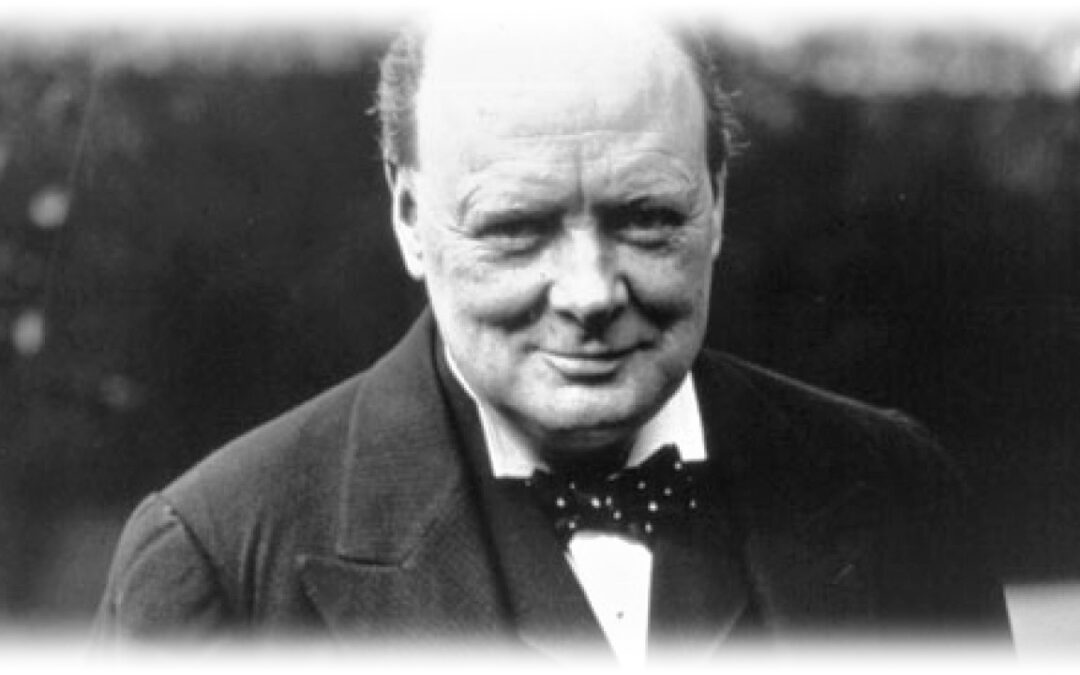The Necessity of Persistence
Thank you for your support of Albuquerque-based Pluma Construction Systems. As you know, we provide a full suite of commercial construction services and residential remodeling. Built on a quality foundation of unwavering ethics and quality workmanship we created the Pluma Leadership Minute (heard on 770 KKOB-AM) as a way to share insights with influential people, like you!

Today’s Pluma Leadership moment focuses on Sir Winston Churchill, who is long remembered as one of the greatest leaders in modern history and the savior of democracy.
His long political career is also remembered for its persistence. It took Churchill a staggering 40 years to finally become Prime Minister. But when he finally took the helm, he became arguably the greatest leader of the 20th century.

He was not only instrumental in working with the United States and Russia to defeat the Axis powers, he helped establish the post-war peace that would lead the western world through one of its greatest periods of prosperity.
Like so many other qualities that we must hold on to, Persistence is essential and one that we must nurture. The ability to get back up when knocked down, is crucial for us to achieve any real success. We need to be 110% confident of success and not waiver at the first sign of trouble. There will be failures along the way, it is how we respond to these that will determine the outcome.

Did You Know?
A daring escape from prison camp earned him instant fame.

After graduating from Sandhurst, Churchill took leave from the army and traveled to Cuba, where he reported on an uprising for a London newspaper. He subsequently served as a war correspondent and military officer, a dual role then permitted, in India, Sudan and South Africa. Upon arriving in South Africa in 1899, his armored train was ambushed by Boers, the descendants of Dutch settlers who were fighting the British at the time. Churchill was captured and marched to a prison camp, which he soon escaped from by scaling a wall at night, even as two of his fellow prisoners turned back. With no precise plan, Churchill luckily stumbled upon the house of a British coal mine manager, who hid him in a mineshaft for three days and then sent him on a wool-filled rail truck into Mozambique. From there, Churchill caught a ship back to South Africa and rushed to the front a newfound hero.

